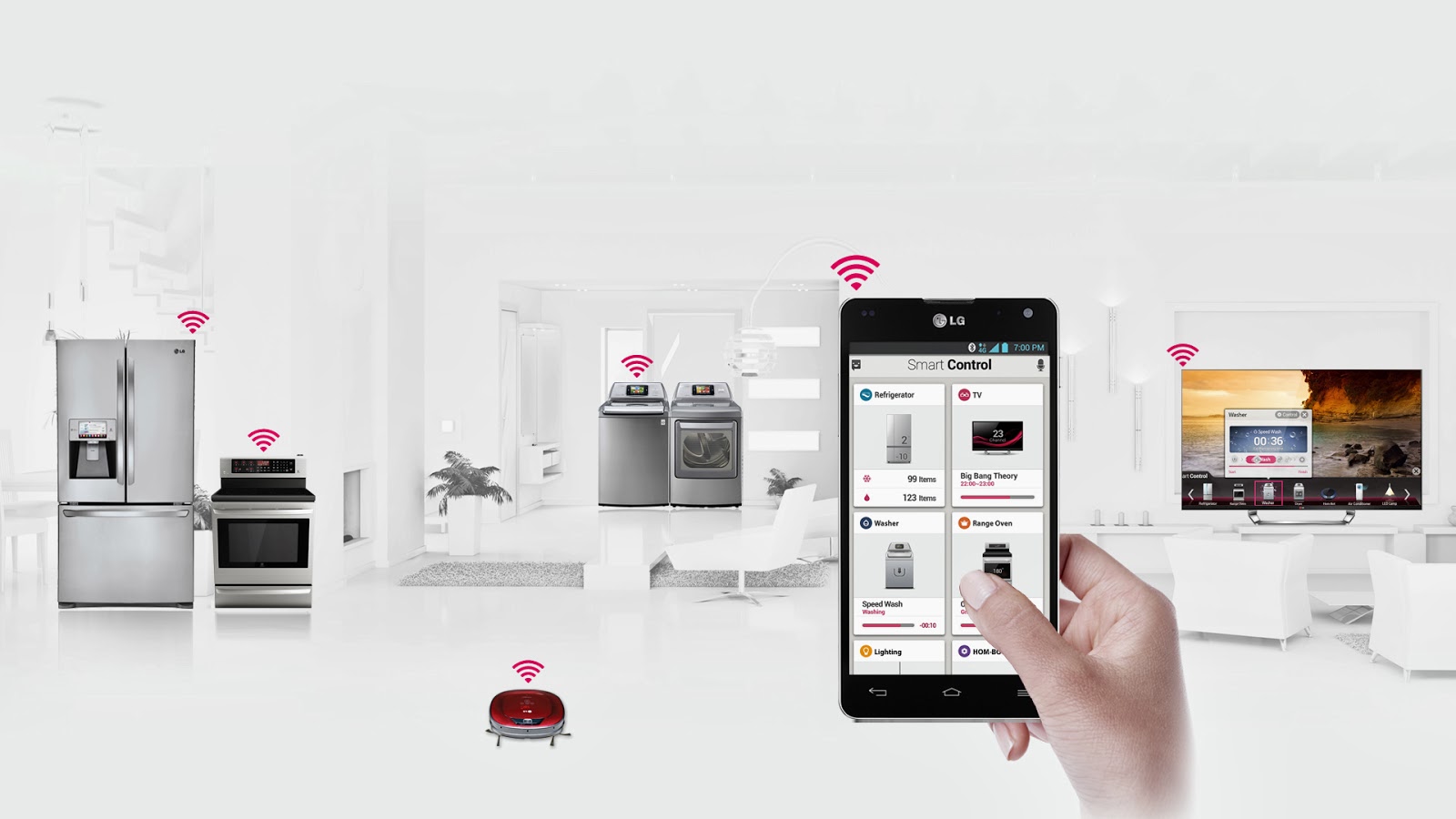Major corporations enter the fray to become the ruler of the smart home.
The smart tech industry has often been viewed as an exclusive niche for start-ups with inspired geniuses at the helm. But could that all be about to change? Some of Britain’s biggest corporations have begun to cast their shadow over the marketplace, which just goes to show how far home automation has come in the last few months.

With Google, Samsung, Apple and even British Gas throwing their considerable weight around in order to cement their place in the market, it’s little wonder we could see it grow to a potential £38 billion in the next 5 years. So what impact will this kind of consolidation have on the technology itself? Well, with no clear leader likely to monopolise the market, we could be set for branded homes that run from very similar devices. With each company looking to offer a complete range of automation in the home, we would hope to see an increased compatibility between products and therefore a new level of efficiency.
Why Are These Companies so Keen to Compete?
Leading the smart tech revolution has become a fiercely sought after affair in the last few years, with corporations buying out smaller start-up companies at a remarkable rate. This could be for several reasons, as all of them have different motives when it comes to controlling the home. But simply put, he who commands the home commands the attention of the homeowner. With Apple looking to expand their line of business in the mobile sector, it makes good sense for them to also expand the capabilities of their IOS system to include the household.
British Gas on the other hand risk losing clientele to smarter heating services if they don’t step up their own automation game. Their Hive Thermostat is now installed in over 150,000 properties nationwide and has boosted their revenue considerably in the last year. The prospect of becoming a literal household name is the driving force behind many of these companies’ ambitions.
Will Existing Technology be Incorporated into Brand Tech?
Almost definitely. When Google commissioned Nest to takeover start-up, Revolv, last year, they immediately discontinued the sale of the company’s smart hub. This was because Nest wanted the new team to focus on making their devices more compatible with others, rather than upgrading the limited Revolv hub. It seems the industry giants are more concerned with the expertise of their acquired companies than their products, as they look to perfect their current technology.
Because of this, we could see the hub become absorbed by other smart devices. In the case of Apple, the Apple TV seems like an ideal candidate for a multi-functional control center. With entertainment, security and utility regulation all bundled into one, Apple would have a firm foothold in bringing the smart home to the mass market. And the same could be said of the other contenders. Each of them has realised the value of consolidating the home automation ‘ecosystem’ and are stepping up their own interests. So, although automated homes are still a few years away from becoming the mainstay, the blueprints are already in place for a truly integrated smart tech experience.
But Should we Forget About the Other Smart Hub Providers?
Despite the dominance of these global corporations, there are still companies that can compete with their wealth and stature. Control 4 is an industry leader, with showrooms in other 73 countries worldwide. Because of its compatibility with other brands, its home automation hub has become one of the most effective ways of controlling every aspect of your household. Similarly, Savant offers a package that can be synced with any Apple device, proving that they are a company willing to play ball in the big leagues. Because of established companies like these, which offer reliability in the place of revolution, the smart hub needn’t necessarily become just another facet in a multimedia network.
